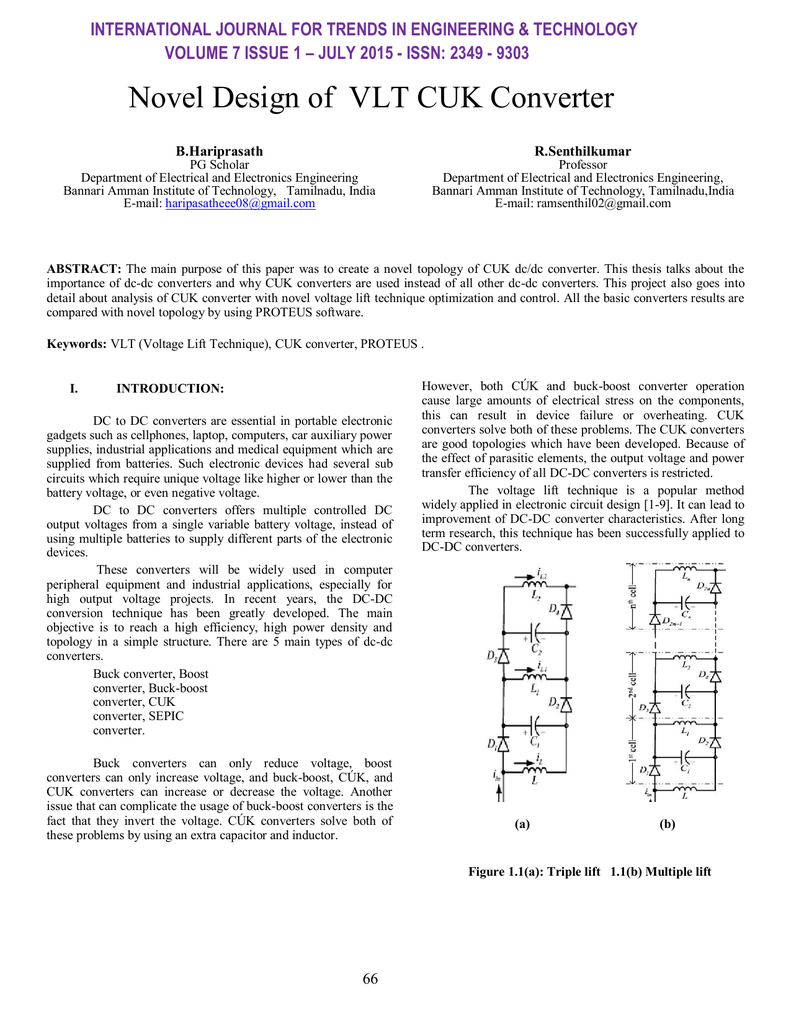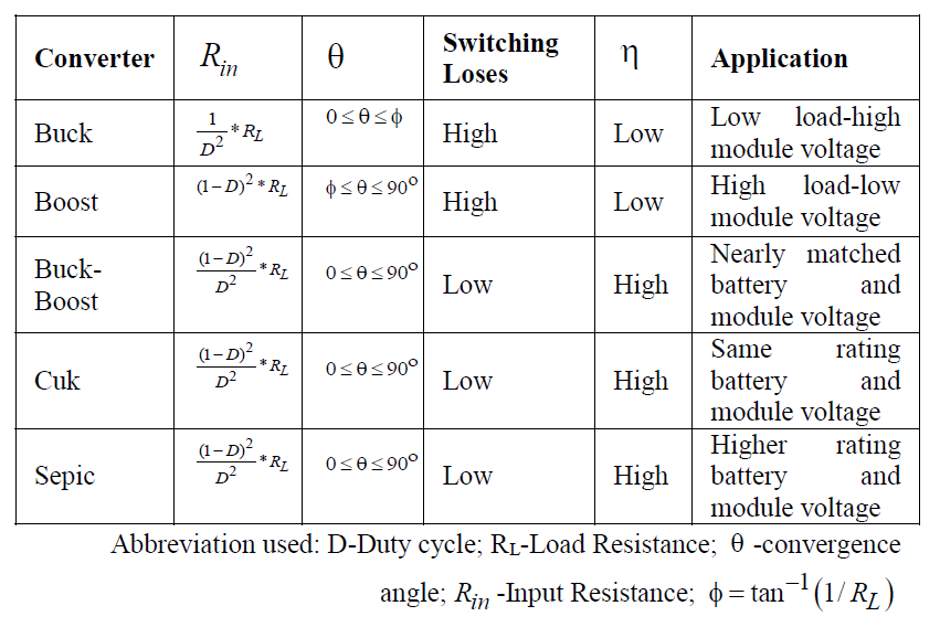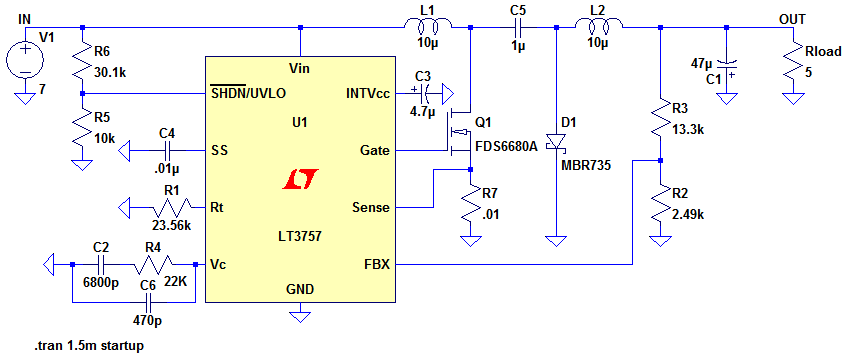

This course assumes prior completion of courses 1 and 2: Introduction to Power Electronics, and Converter Circuits. Hybrid Switched-CapacitorSwitched-Quasi- Z-Source Bidirectional DC-DC Converter With Wide-Voltage-Gain Range for Hybrid Energy Sources EVs - Free download as PDF File (.pdf), Text File (.txt) or read online for free.

DESIGN OF 500W ISOLATED CUK CONVERTER HOW TO
Know how to design and optimize inductors and transformers for switched-mode power converters Be able to analyze and model losses in magnetic components, and understand design trade-offs Understand the fundamentals of magnetic components, including inductors and transformers Specifically, the dc-dc converter is a power electronics circuit, which uses an inductor, a transformer. Modeling and verification of dc/dc Boost Converter 2.1 Operation of dc/dc converter The dc/dc converter we address here is a switching converter. Finally, a complete procedure is developed for design optimization of inductors in switched-mode power converters. curve) and external load variations (resistance step) at the boost converter output voltage. Modeling of losses in magnetic components covers core and winding losses, including skin and proximity effects. It works based on the capacitor energy transfer. DESIGN OF POWER CIRCUIT Cuk converter provides an output voltage which is less than or greater than the input voltage. Multi-winding transformer models are also developed, including inductance matrix representation, for series and parallel structures. solar PV powered Cuk converter system depends strongly on the point of operation of the module. The course starts with an introduction to physical principles behind inductors and transformers, including the concepts of inductance, core material saturation, airgap and energy storage in inductors, reluctance and magnetic circuit modeling, transformer equivalent circuits, magnetizing and leakage inductance.

This course covers the analysis and design of magnetic components, including inductors and transformers, used in power electronic converters. This course can also be taken for academic credit as ECEA 5703, part of CU Boulder’s Master of Science in Electrical Engineering degree.


 0 kommentar(er)
0 kommentar(er)
